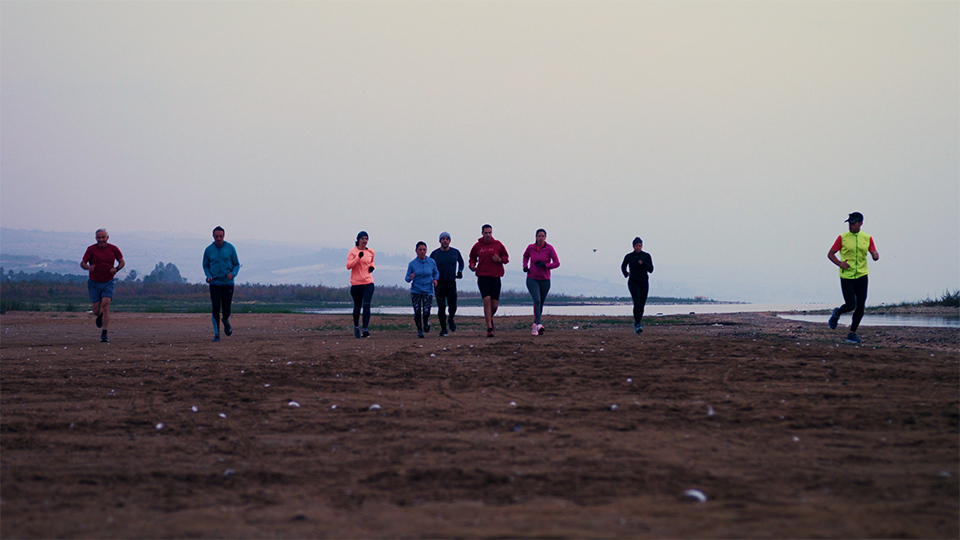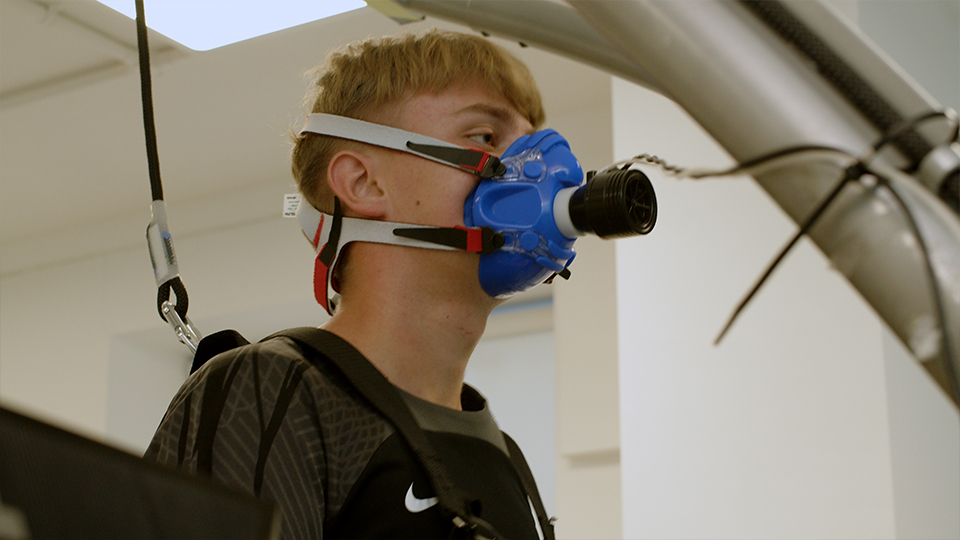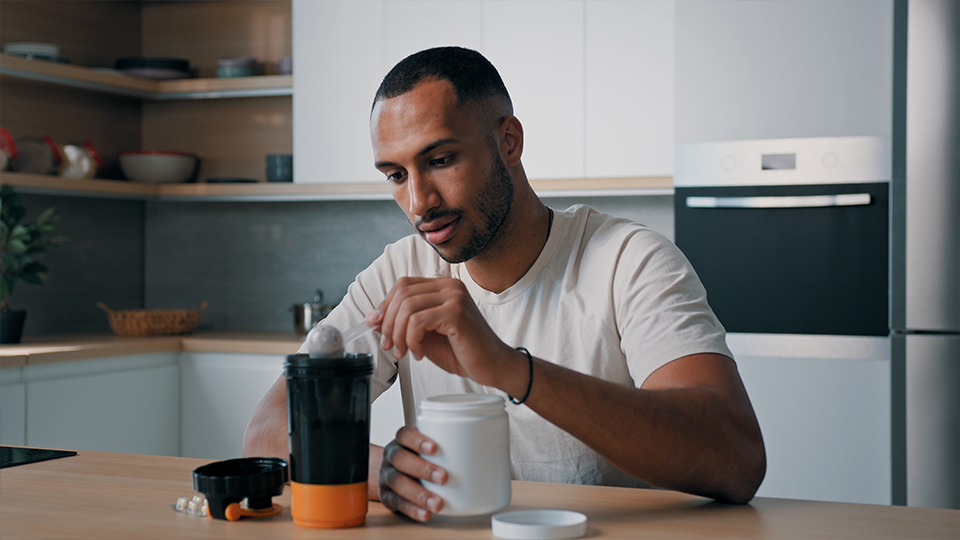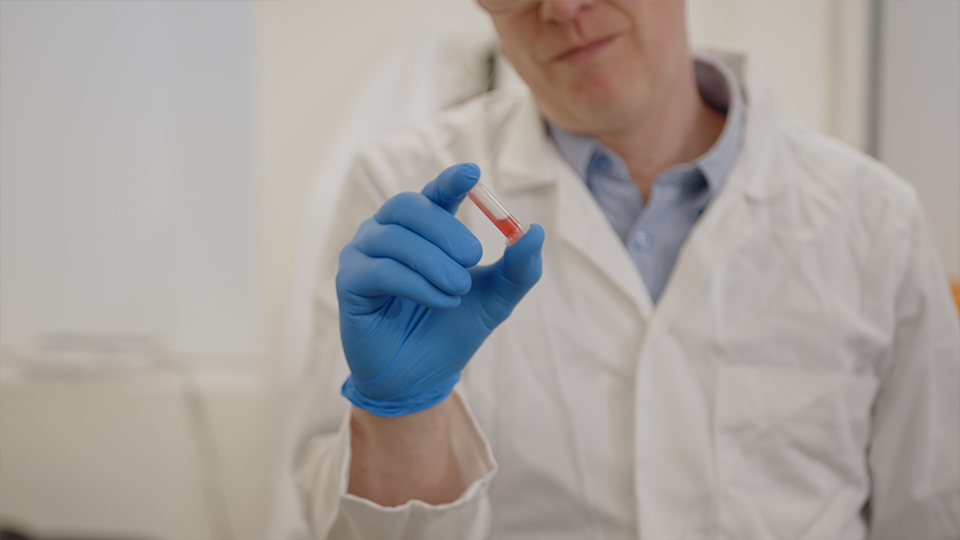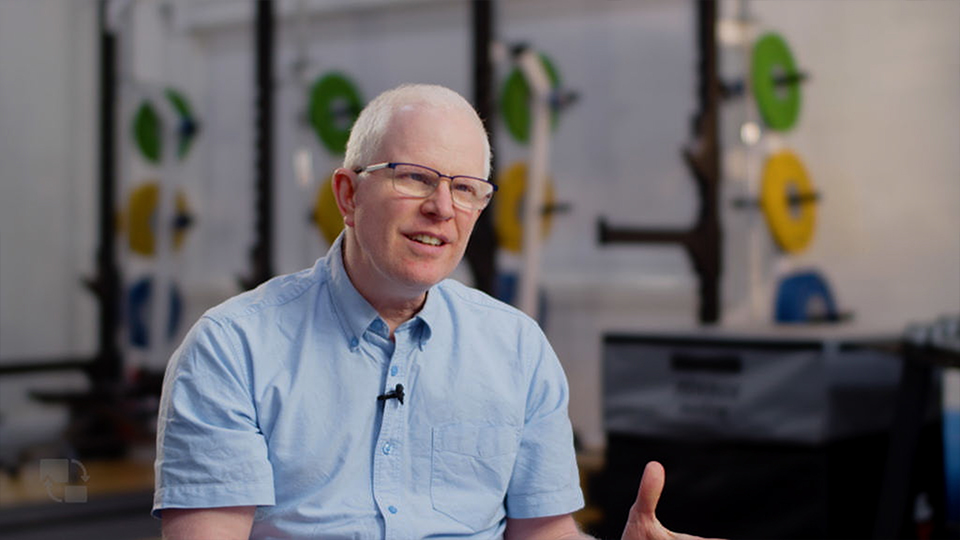Episodes
Episodes
Episodes
Episodes
Episodes
Episodes
Bonus content
Course snapshot
Studying BSc (Hons) Sport and Exercise Science at Anglia Ruskin University, you will develop a sound understanding of the principles of health, wellbeing and sporting performance. You will apply insights from physiology, psychology, biomechanics and nutrition to a range of contexts - from elite sport performance, to encouraging the wider public into physical activity. This course ranks 4th nationally for Sports Science (Guardian League Table 2023), and is nationally endorsed by BASES and CIMSPA.
In year one, you will learn the fundamentals of sport and exercise science within physiology, psychology, biomechanics and nutrition, to understand how the human body performs and responds to physical activity. You will also explore contemporary coaching methods, understanding the key theoretical and practical concepts behind them, and how this links to exercise science. Your second year will expand on this knowledge while turning the focus to essential research skills of applied data collection and interpretation within a range of motion, physiology and nutrition assessments. You will gain key employability skills of safe and ethical research design, athlete support, and communication with clients. Your final year will allow you to critically evaluate scientific support by engaging with studies on training design, physiological adaptations to exercise and ease of overtraining in athletes. You will develop a sophisticated understanding of what constitutes performance, the demands of sport, adaptations to physical activity, and designing and applying training methods.
You will study at ARU’s Cambridge Centre for Sports and Exercise Sciences, where you will access top-of-the-range research facilities in their 5 dedicated laboratories, with everything from electrocardiography machines, body composition machines, breath-by-breath oxygen-analysis systems and much more. You will learn from staff with impressive academic, sporting and industry experience, as well as having the chance to receive seminars from world-leading guest speakers. To boost your employability, you can undertake training opportunities as a strength and conditioning coach, or as part of the student-led physiology testing consultancy team. Furthermore, you can complete an industry placement year and internships with a range of regional sports teams and businesses that allow you to apply your knowledge in a professional environment, and may open doors for employment upon graduation.
Anglia Ruskin University
Anglia Ruskin University is an innovative global university with students from 185 countries at our campuses in Cambridge, Chelmsford and Peterborough. These students are at the heart of our University, and we're delighted that our final-year undergraduates are positive about their educational experience. Our community is also incredibly important to us, and we're proud of the role we play in our cities and the wider region – including the positive effect on jobs and the local economy.We’ve been named one of the top 350 institutions in the world in the Times Higher Education World University Rankings 2023, for the sixth successive year – and one of the top 40 universities in the UK. We're also listed in the top 15% for social inclusion in The Times Good University Guide 2022.



